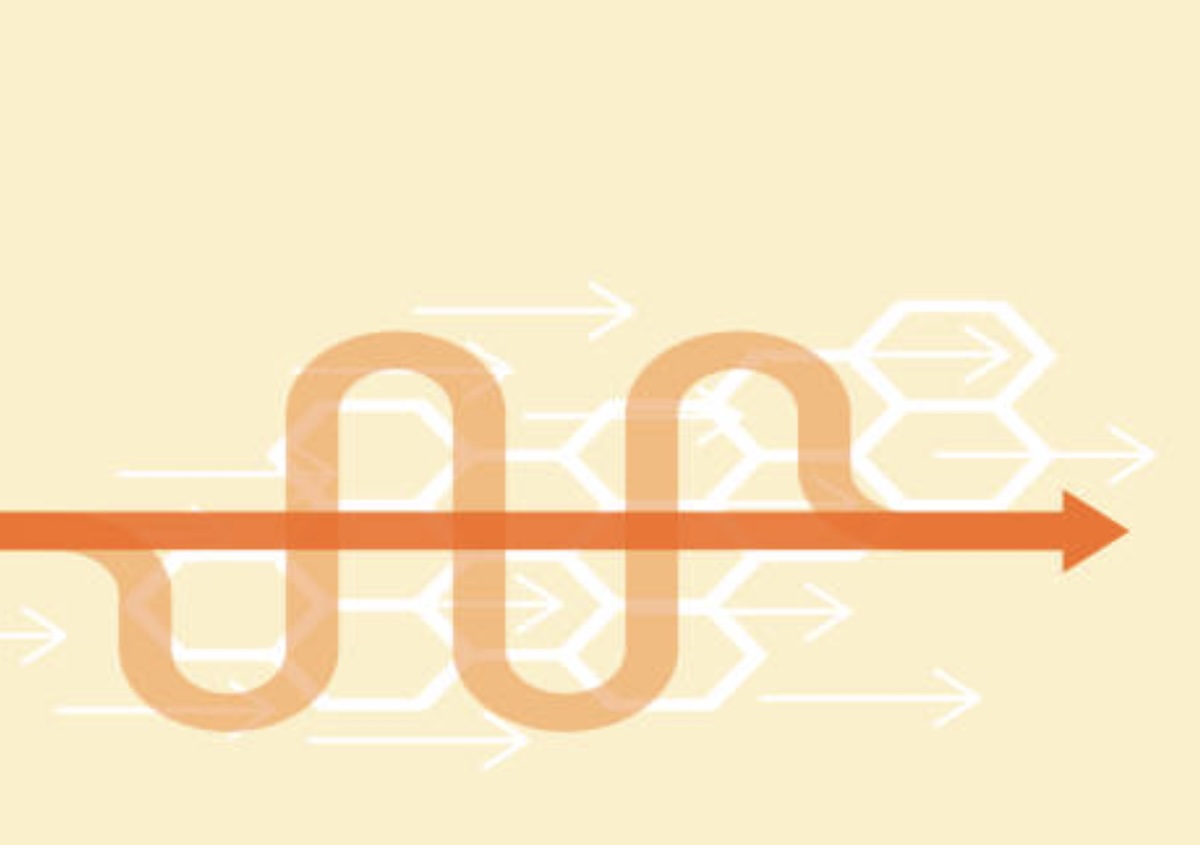“The market” typically refers to a broad concept that encompasses various financial markets where buying and selling of assets, such as stocks, bonds, commodities, and currencies, take place. Here’s a general overview of how markets work:
- Market Participants:
- Buyers and Sellers: Individuals, institutions, traders, and investors participate in markets as buyers and sellers. Buyers seek to acquire assets, while sellers aim to sell them.
- Types of Markets:
- Stock Market: Where shares of publicly traded companies are bought and sold.
- Bond Market: Deals with the buying and selling of bonds issued by governments or corporations.
- Commodity Market: Involves trading of physical goods like gold, oil, or agricultural products.
- Foreign Exchange (Forex) Market: Deals with the exchange of currencies.
- Cryptocurrency Market: Involves digital or virtual currencies like Bitcoin and Ethereum.
- Exchanges and Over-the-Counter (OTC) Markets:
- Exchanges: Physical or virtual platforms where buyers and sellers meet to execute trades. Examples include the New York Stock Exchange (NYSE) or NASDAQ.
- OTC Markets: Trades that occur directly between parties without a centralized exchange. Common in bond and foreign exchange markets.
- Price Determination:
- Supply and Demand: Prices are influenced by the basic economic principle of supply and demand. If more people want to buy an asset (demand) than sell it (supply), the price tends to rise, and vice versa.
- Brokers and Intermediaries:
- Brokers: Facilitate transactions between buyers and sellers. They may operate on exchanges or in the OTC market.
- Market Makers: In some markets, entities known as market makers provide liquidity by quoting both buy and sell prices.
- Regulation:
- Regulatory Authorities: Financial markets are often regulated by government agencies to ensure fair practices, protect investors, and maintain market integrity.
- Information Flow:
- News and Data: Market participants rely on news, economic indicators, corporate reports, and other information to make informed decisions.
- Trading Mechanisms:
- Market Orders: Immediate execution at the prevailing market price.
- Limit Orders: Executed at a specified price or better.
- Stop Orders: Triggered when the market reaches a specified price.
- Market Trends:
- Bull Market: Period of rising prices and positive investor sentiment.
- Bear Market: Period of falling prices and pessimistic investor sentiment.
Understanding the intricacies of specific markets requires knowledge of the particular asset class involved. Investors often use various strategies and analysis techniques to make investment decisions based on market conditions and trends.




